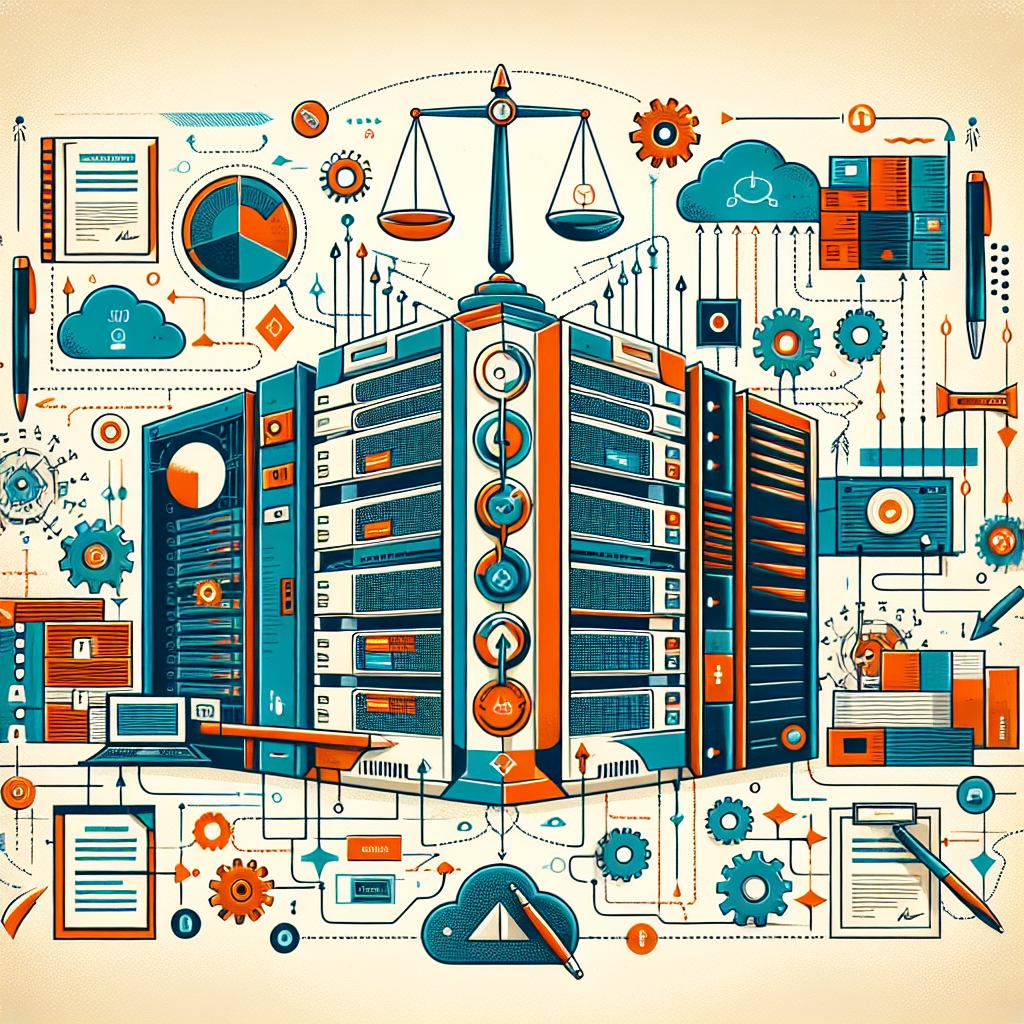In today’s digital age, data centers play a crucial role in ensuring the smooth functioning of businesses and organizations. A data center is a facility that houses computer systems and associated components, such as storage and networking systems. To ensure that data centers operate efficiently and meet the needs of their clients, it is essential to have a strong Service Level Agreement (SLA) in place.
A Service Level Agreement is a contract between a service provider, in this case, a data center, and a customer that outlines the level of service that will be provided. A strong SLA is vital for both parties as it establishes expectations, responsibilities, and accountability. When it comes to data centers, there are several key components that should be included in a strong SLA:
1. Uptime Guarantee: One of the most critical components of a data center SLA is the uptime guarantee. This refers to the amount of time that the data center’s services will be available to the customer. A strong SLA should clearly outline the level of uptime that is guaranteed, such as 99.9% uptime or higher.
2. Performance Metrics: Another key component of a data center SLA is the inclusion of performance metrics. These metrics can include things like network latency, data transfer speeds, and response times. By including specific performance metrics in the SLA, both parties can track and monitor the data center’s performance.
3. Security Measures: Data security is of utmost importance in data centers, as they house sensitive information and valuable data. A strong SLA should outline the security measures that the data center has in place to protect the customer’s data, such as encryption protocols, access controls, and security audits.
4. Disaster Recovery Plan: In the event of a natural disaster or system failure, a data center must have a robust disaster recovery plan in place. A strong SLA should outline the steps that the data center will take to recover data and resume operations in the event of a disaster.
5. Customer Support: Customer support is another critical component of a data center SLA. The SLA should detail the level of customer support that will be provided, such as 24/7 technical support, response times for issue resolution, and escalation procedures.
In conclusion, a strong data center SLA is essential for ensuring the smooth functioning of a data center and meeting the needs of its clients. By including key components such as uptime guarantees, performance metrics, security measures, disaster recovery plans, and customer support, both parties can establish clear expectations and responsibilities. A well-crafted SLA can help to build trust and accountability between the data center and its clients, ultimately leading to a successful partnership.

Leave a Reply
You must be logged in to post a comment.